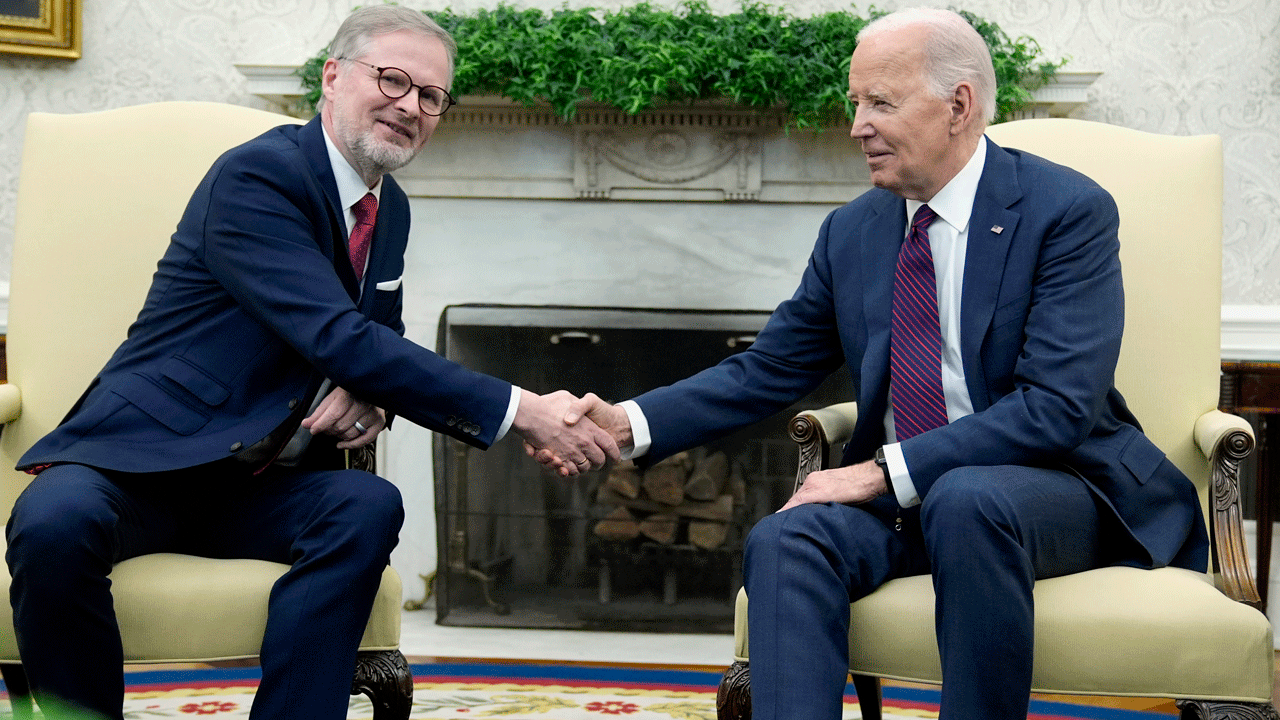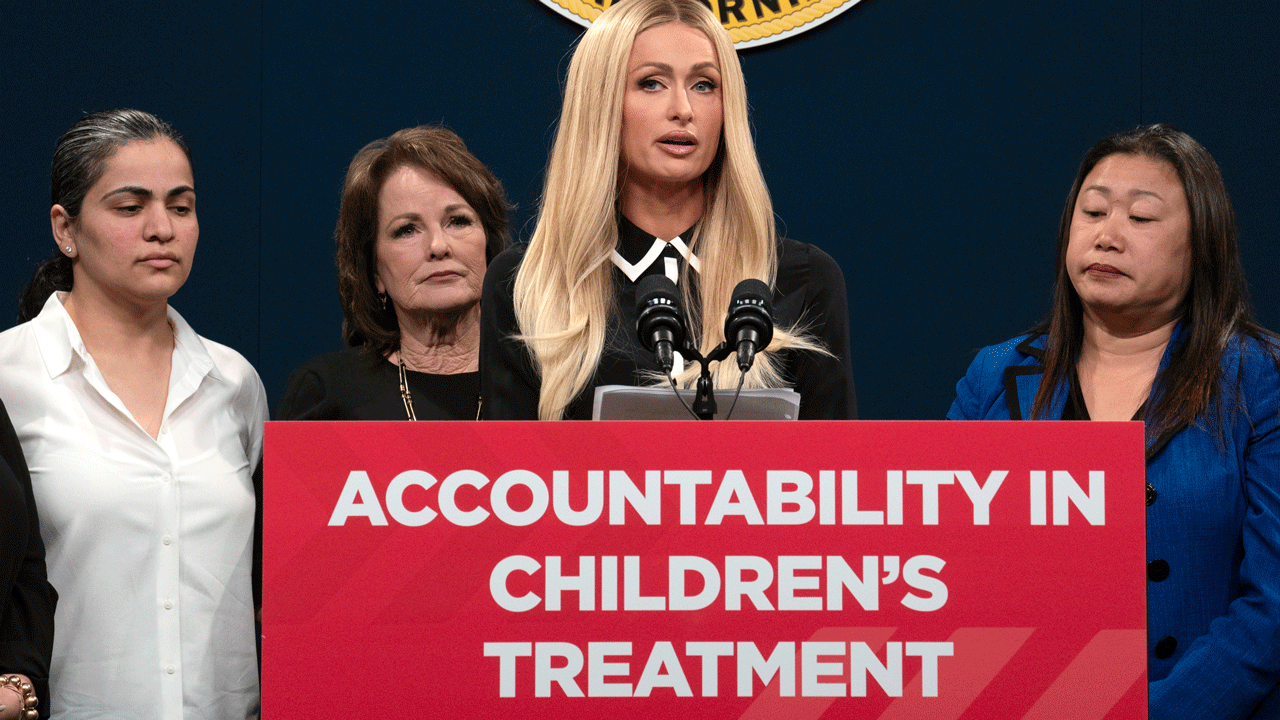In a surprise move, the Senate approved a $6.9 billion bill to fund the Federal Emergency Management Agency (FEMA) through the 2012 fiscal year, despite some Republicans insisting that the funding be paid for with spending cuts elsewhere in the budget. The vote was 62 to 37, with 10 Republicans supporting final passage, including fiscal hawks, like Marco Rubio of Florida, David Vitter of Louisiana, and Pennsylvania's Pat Toomey.
But the move puts the Senate squarely on a collision course with the House, which plans to approve $3.7 billion in funding next week, $1 billion to cover the current fiscal year, as well as $2.7 billion for 2012, money that is partially offset by cuts to a Department of Energy loan program. That funding is attached to a must-pass stopgap bill that would keep the government running through year's end.
"It is wholly insufficient for the matters at hand," declared Sen. Mary Landrieu, D-La., of the House effort, and though the senator said there was no interest in forcing a government shutdown over the matter, she added, "I'm not sure how all of this gets worked out."
Unless Congress does work out an agreement, the agency will run out of money for disaster relief by September 26, according to FEMA officials, this as numerous states are reeling from scores of natural disasters, from fires to floods.
At an Aspen Institute event in Washington today, Homeland Security Secretary Janet Napolitano, in a somewhat rare, impassioned tone, underscored the urgency of the situation.
"The fight we're in now is to get money for the disaster relief fund. We do not have enough money, given the number of disasters we've had this year, to finish the fiscal year, and to do all the things we have to do," the secretary strongly warned.
With the nation running a $14.7 trillion debt, Republican Senator Tom Coburn of Oklahoma led the charge to fully pay for the $6.9 billion Senate bill, a fairly unprecedented move.
"We're almost schizophrenic. We say we need to cut spending, but we say we don't want to find $7 billion to pay for it. We just want to borrow it," Coburn accused. And though he has, himself, voted in the past for disaster funding with no offsets, the senator said Thursday, "We're in a new day. We're in a new world."
Coburn introduced an amendment to the Democrats' bill that called for the elimination of duplication across the federal government that the nonpartisan General Accounting Office (GAO) found costs taxpayers hundreds of billions of dollars. The Senate in April approved an identical amendment, but only 54 senators approved the measure Thursday, six votes shy of passage. Sen. Rand Paul, R-Ky., then tried a more controversial method to pay for the bill, one with which some of his own Republican colleagues disagreed. It would have clawed back U.S. foreign aid money unspent this year and some State Department funding.
"We cannot send welfare to other countries that we don't have," Paul pleaded, noting that bridges need to be rebuilt in his own home state before money goes to build them in other countries.
But a number of senators argued strenuously against the Paul amendment, and only 20 Republicans offered their support in the end.
"If you think Israel needs a friend now, this would hurt them now," Sen. Lindsey Graham, R-SC, warned, referencing a powerful U.S. ally and one with deep, bipartisan political influence.
Lawmakers have known about this impending crisis for some time. FEMA has been providing Congress with daily updates on the status of the Disaster Relief Fund (DRF), according to FEMA spokeswoman Rachel Racusen.
The DRF currently contains a dangerously low balance, about $377 million, putting the agency on an "immediate needs" posture, one that precludes the funding of any new projects.
But it is a new time, and FEMA funding is now caught in an ideological fight between Republicans who are now more focused on deficit reduction and Democrats who say it's more urgent to get the funding to those who need it.
Senate Majority Leader Harry Reid, D-Nev., stripped the 2012 funding from a larger annual spending bill to move it in a standalone measure, an unusual move that Republicans say was designed to score political points.
"Obviously the disaster funding is important. I support funding FEMA. What's frustrating, though, is this is gamesmanship on the part of Senator Reid," accused Sen. John Cornyn, R-Tex, whose own state has been ravaged by wildfires. "He knows, and we all know, that in the Continuing Resolution that will pass the House next week that there are appropriations for disaster funding that do not increase the deficit."
Cornyn, who also chairs the GOP's campaign arm, voted against the Reid bill and said next year's funding should come through the regular appropriations process instead.
"Emergency relief is one of those priorities, but it has to be done in a fiscally responsible way," Cornyn said, adding that future disaster funding should be offset by spending cuts.
Sen. Roy Blunt, R-Mo., whose state was hit hard by a devastating tornado in May, did not quite agree.
"I'm for paying for it if we can find a way to pay for it," Blunt told Fox, "But if you want to take any line in the upcoming budget, since it's going to require borrowing money, and say 'none of it's paid for' in any line, because we don't get to a balanced budget under anybody's current plan in the next decade - I don't think that's much of an argument."
Blunt's preference is to pass the Senate bill, but the former House leader predicted that FEMA would eventually score a victory in this battle, no matter what.
"Eventually, we're going to appropriate this much money," Blunt said.
But just how that will happen at this point is anyone's guess.
Fox News' Senior National Security Producer Mike Levine contributed to this report.




